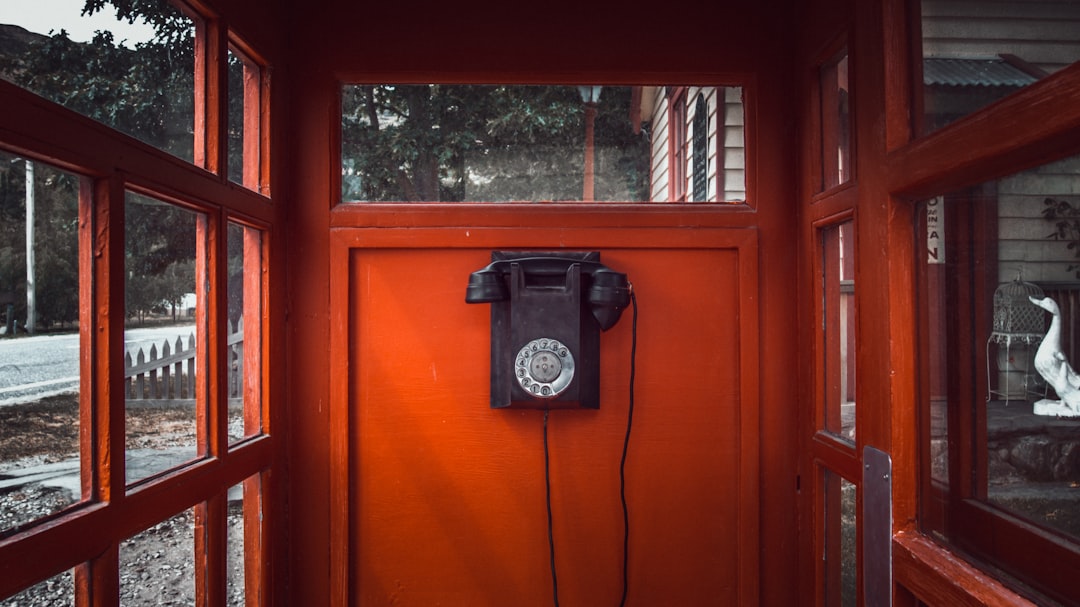Robocalls have become a significant problem in Kentucky, with both legal and illegal implications. Residents can protect themselves by opting out of unsolicited calls via the Do-Not-Call List and taking action if they receive unauthorized or harassing robocalls. Legal options include suing for damages under the Telephone Consumer Protection Act (TCPA) and consulting consumer protection attorneys. Documenting interactions is crucial, and reporting to authorities like the FTC and Attorney General can help combat this issue. Understanding your rights regarding Can I Sue For Robocalls Kentucky is essential in navigating this nuisance.
In Kentucky, robocalls remain a persistent nuisance, but understanding the legal implications can empower residents. This guide explores the penalties for robocalls, delving into Kentucky’s Do-Not-Call List and its effectiveness in combating unwanted calls. We examine legal actions, including the potential for suing robocallers under specific circumstances. Learn your rights and discover strategies to protect yourself from these intrusive calls in today’s digital era. If you’re a victim, know that taking action is an option, especially when considering if you can sue for robocalls in Kentucky.
Understanding Robocalls and Their Legal Implications in Kentucky

Robocalls, automated phone calls that deliver pre-recorded or artificial voice messages, have become a pervasive and often unwanted part of daily life in Kentucky, as across the nation. While some robocalls offer valuable information, such as appointment reminders or survey invitations, others are illegal and intrusive. In Kentucky, making or receiving harassing robocalls can lead to legal action due to state and federal regulations designed to protect consumers from deceptive practices.
Under Kentucky law, it’s illegal for any person or entity to use an automatic dialing system (ADS) or prerecorded message to make a telephone call without the prior express consent of the recipient. This includes calls made with the intent to harass, abuse, or threaten. Consumers in Kentucky who feel they have been targeted by illegal robocalls may take action by reporting the calls to state and federal authorities and consulting with an attorney to explore legal options, including potential lawsuits (Can I Sue For Robocalls Kentucky).
The Do-Not-Call List: A Weapon Against Unwanted Calls

In Kentucky, one powerful tool to combat robocalls is the Do-Not-Call List. This registry allows residents to opt-out of receiving unsolicited telephone marketing calls, including those from automated or prerecorded message systems, commonly known as robocalls. By registering your phone number on this list, you assert your right to be free from these intrusive and often annoying calls.
If a caller disregards your inclusion on the Do-Not-Call List and continues to harass you with robocalls, you may have legal recourse. In Kentucky, it’s possible to take legal action against persistent robocallers, including seeking damages for each violation of your privacy under the state’s consumer protection laws. This not only offers a form of recourse for victims but also acts as a deterrent to potential violators, making it an effective strategy in combating unwanted robocalls and protecting the rights of Kentucky residents.
Legal Actions: Can You Sue for Robocalls in Kentucky?

In Kentucky, as in many states, robocalls have become a common nuisance. However, they’re also illegal under state and federal laws designed to protect consumers from unsolicited phone marketing. If you’ve received a robocall in Kentucky, you may wonder if you can take legal action.
The good news is that yes, you can sue for robocalls in Kentucky. According to the Telephone Consumer Protection Act (TCPA), businesses are prohibited from making automated or prerecorded calls to consumers without their prior express consent. If a company violates this law, individuals can file a lawsuit and seek compensation for each unauthorized call received, which can include monetary damages. It’s recommended to consult with an attorney specializing in consumer protection laws to explore your legal options and understand the potential outcomes of taking such action.
Protecting Your Rights: What to Do If You're a Victim of Robocalls

If you’ve received a robocall in Kentucky, know that there are protections in place to safeguard your rights as a consumer. The first step is to document the call by saving any voice messages or text content associated with the robocaller. This includes noting the date, time, and frequency of the calls, as well as any specific information shared during the interaction.
You can take legal action against the culprit if you’ve been a victim of repeated or harassing robocalls. In Kentucky, there are laws in place to combat unwanted telephone solicitations, including robocalls. If you believe you have a strong case, consulting with an attorney specializing in consumer protection law is advisable. There’s also the option to file a complaint with the Federal Trade Commission (FTC) and your state’s Attorney General’s office, which can help investigate and take action against perpetrators who violate privacy laws, including those related to robocalls. Additionally, considering legal options like suing for damages, particularly if the calls have caused significant distress or financial harm, is a viable course of action. Can I Sue For Robocalls Kentucky? Absolutely, knowing your rights is half the battle won.






